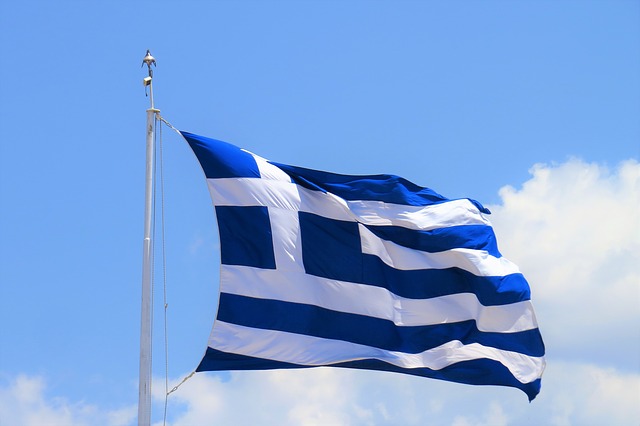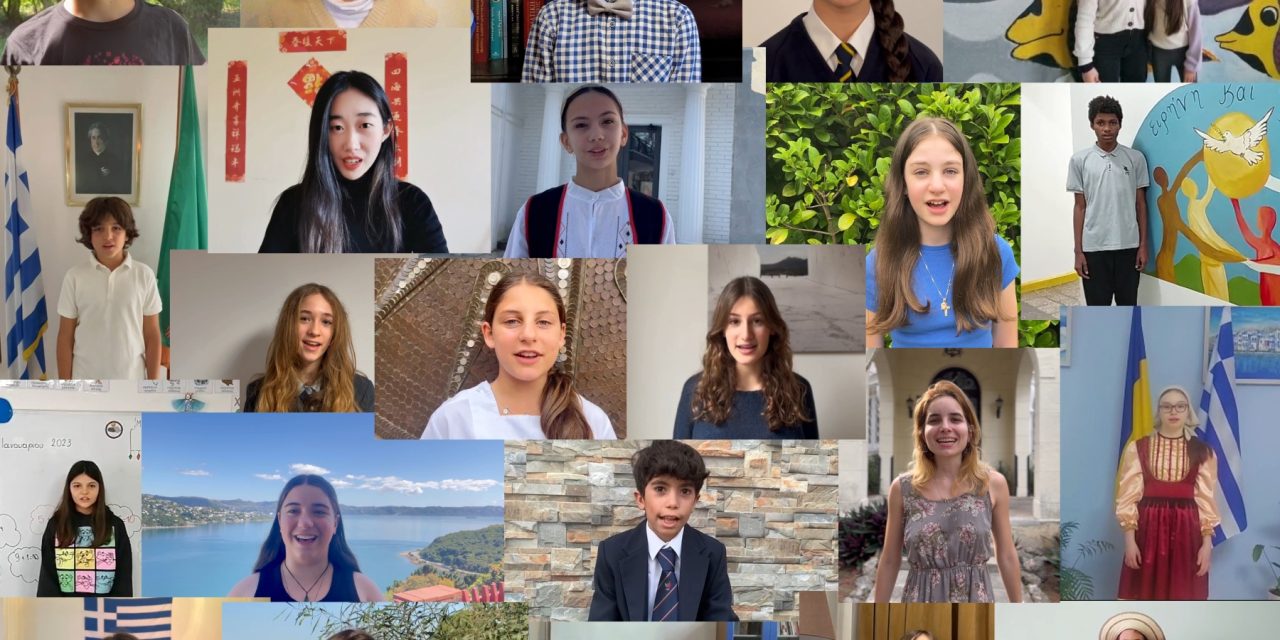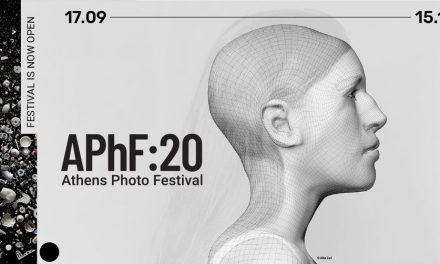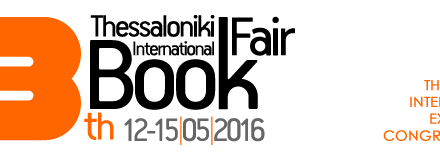The International Greek Language Day, observed on 9 February, aims to highlight the role that Greek has played in world culture, and to encourage Diaspora Greeks as well as anyone interested in Hellenic culture to learn more about the Greek language.
Established in 2017, it coincides with Commemoration Day of Greece’s national poet, Dionysios Solomos (8 April 1798 – 9 February 1857), author of the iconic Hymn to Liberty, a long poem inspired by the Greek struggle for independence, which became the national anthem of Greece and Cyprus.
Int’l Greek Language Day – A journey through Greek poetry
To celebrate the International Greek Language Day of 9 February 2023, a video was created by the Ministry of Foreign Affairs / Deputy Minister of Foreign Affairs / General Secretariat for Greeks Abroad & Public Diplomacy: Under the title “The Greek Language in its Timelessness… The Re-enchantment of the World”, 23 young people from around the world, who attend Greek schools and Greek language programs, recite verses by some of the most prominent Greek poets and authors.
The video pays tribute to the long history of Greek literature, and especially Greek poetic works, from Homer’s epic poems –the earliest surviving works of ancient Greek literature– and the famous tragedians (who always wrote in verse) to Greece’s national poet, Dionysios Solomos, and the internationally renowned C. P. Cavafy, and finally to the country’s Literature Nobel laureates and other great authors of the 20th century.
Deputy Minister of Foreign Affairs for Diaspora Greeks, Andreas Katsaniotis, quoted the famous Greek poet, Giorgos Seferis, who had emphasized that, “from the time of Homer until today, [the Greek people] speak, breathe and sing in the same language…” Katsaniotis highlighted the important place that the Greek language holds in world history, pointing out that it was there “when the Evangelists proclaimed to the world, in Greek, the coming of Christ, and when distant Oceania was given this name after a Titan” and that “medicine as well as theology, technology as well as philosophy, all the fruits of the human intellect fit in it”.
Speaking about the Greek language as “the foundation of modern Civilization”, but also about the long history of Greek poetry, Secretary General for Greeks Abroad and Public Diplomacy, Prof. John Chrysoulakis, also quoted a Nobel laureate, Odysseas Elytis, who –in his speech before the Swedish Academy– had underlined the fact that “over the course of twenty-five centuries, there has not been a single century –I repeat, not a single one– without poetry being written in Greek”.
 If you are interested in Greek poetry and literature, check out Greek News Agenda’s column Reading Greece, where you will find a rich archive featuring not only interviews with up-and-coming as well as established authors and poets (and also translators, publishers and scholars) but also monthly tributes to important literary works (i.e. the “Book of the month” and the “Poem of the month”).
If you are interested in Greek poetry and literature, check out Greek News Agenda’s column Reading Greece, where you will find a rich archive featuring not only interviews with up-and-coming as well as established authors and poets (and also translators, publishers and scholars) but also monthly tributes to important literary works (i.e. the “Book of the month” and the “Poem of the month”).
Also, if you are interested in taking up Greek, find out about www.staellinika.com, a unique digital platform for learning the Greek language, launched by Secretariat General for Public Diplomacy and Greeks Abroad of the Hellenic Ministry of Foreign Affairs and the “STAVROS NIARCHOS” Foundation Centre for Hellenic Studies at Simon Fraser University (SFU), Vancouver, Canada.
Read also via Greek News Agenda: POEM OF THE MONTH: “Hymn to Liberty” by Dionysios Solomos; “The Free Besieged” by Dionysios Solomos; A Tribute to C.P. Cavafy; A tribute to Greek Poet Angelos Sikelianos; “Moonlight Sonata” by Yiannis Ritsos; “The Southern Cross” by Nikos Kavvadias; “Amorgos” by Nikos Gatsos; “The Carnival” By Miltos Sachtouris; BOOK OF THE MONTH: “Freedom and Death” by Nikos Kazantzakis
N.M. Flag image: ©Reissaamme/Pixabay














